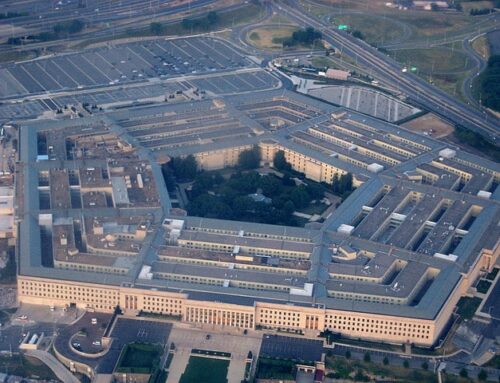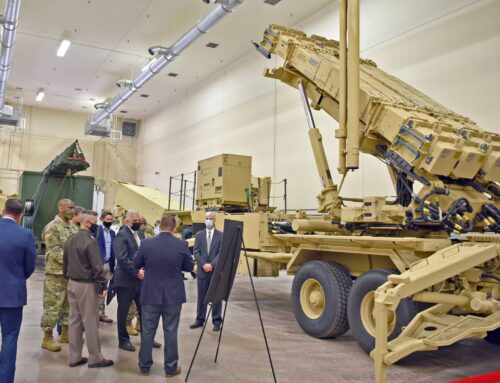Because of mismanagement, corruption, waste and poor financing, Boston’s Central Artery/Third Harbor Tunnel (Big Dig) project may end up costing taxpayers four times more money than originally planned.
The Big Dig is the most expensive highway project ever constructed in the U.S. It is now scheduled to cost a total of $10.4 billion to build or reconstruct only 7.5 miles of highways – about half of that underground – and be completed in 2004. When Congress originally approved construction of the project, it was to cost $2.5 billion and be completed in 1998.
The U.S. General Accounting Office (GAO), federal and state Inspectors General, House Appropriations Committee, independent Project on Government Oversight (POGO), Massachusetts Taxpayers Foundation and state Auditor have all reported on the Big Dig’s problems.
Lowlights include:
-
$23 million in ramps needed to be torn apart because of design changes.
-
29 state employees working on the Big Dig were actually paid by the primary contractor, Bechtel/Parsons, creating conflicts of interest.
-
Over $100 million spent to purchase buildings that were not impacted by the project – under the excuse that they were in the project’s right-of-way.
Four billion dollars have already been spent on the project and the federal government has committed another $1 billion. Financing for the remaining $5.4 billion is up in the air. The GAO and the Massachusetts Taxpayer Foundation have reported that the state’s financing plan will fall about half a billion dollars short.
In coming years, Massachusetts officials expect that the Big Dig will consume between $2.6 and $3.1 billion of the state’s share of federal highway funds. In 1996, about 70 percent of the state’s federal highway money went to the Big Dig.
The big question is whether state officials can afford the Big Dig under the state’s regular federal highway allocation.
If state officials have the chutzpah to seek a special federal earmark, the state’s congressional delegation will be reminded of past promises. In 1991, when the original $2.5 billion in federal funding was allocated, Senator Edward Kennedy stated in floor debate, “There is no intention of repeating or coming back for additional resources. That has been the commitment of the State.”











Get Social